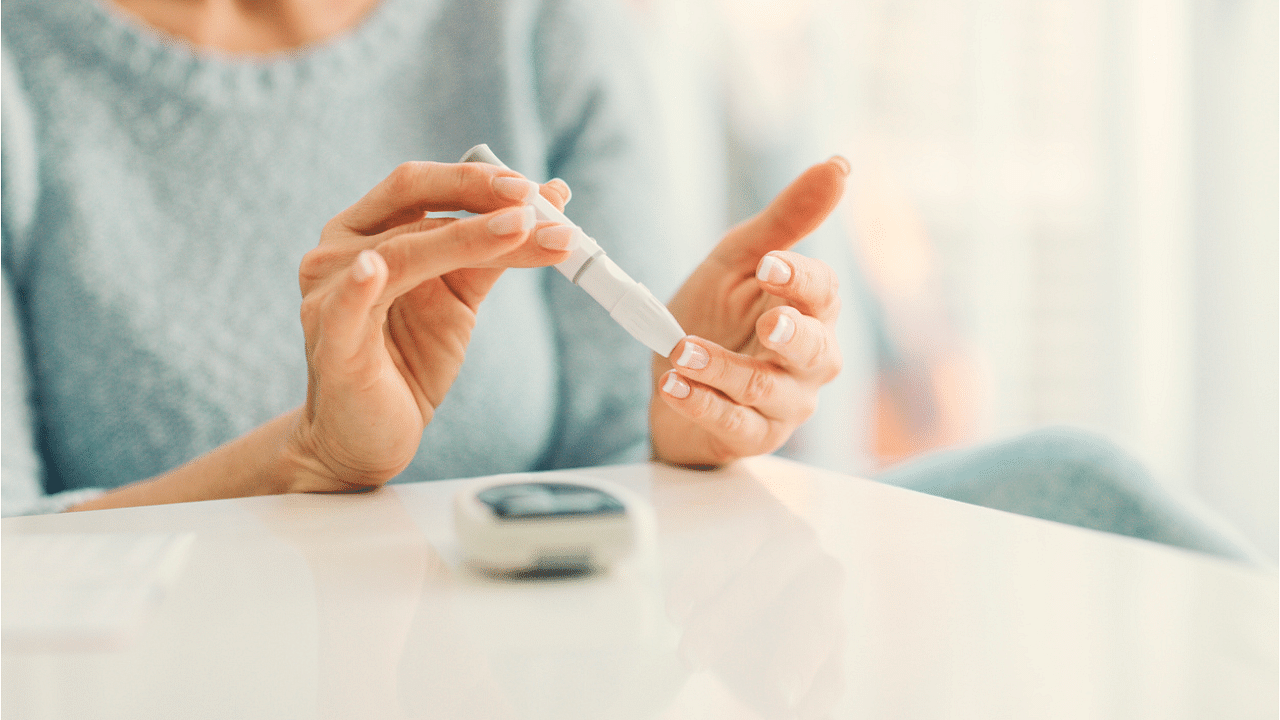
Have a headache or a sore throat or indigestion? How many times have you turned to the internet to get a diagnosis? You might be putting yourself at great risk.
The digital revolution has changed many aspects of our lives, especially in the way we source health-related information, as it is easily and freely available. Earlier, one out of ten patients would seek health information on the internet, but today, that number has changed to nine out of ten people. Many even believe that the internet has all the answers to their health problems.
A recent Google trend report on how Indians surfed the web in the past year has some shocking revelations. According to Google trends, “How to make coronavirus vaccine at home? And how to improve immunity against Covid?” were some of the top trending searches on the internet in India, followed by questions around food to eat to build immunity, plasma therapy, Covid symptoms, home remedies for Covid etc.
More often than not, self-diagnosis on the internet always points towards something more frightening. It can lead to misdiagnosis or over-diagnosis. For example, if you search for ‘headache’, you are likely to find around 20 results showing different interpretations of headaches, each scarier than the other.
There are chances that your headache may be something small but the search can show signs of a cancerous tumour or some other neurological problem. In this process, one may panic and experience high levels of stress. Moreover, self-medication involves pharmacological risks that can result in severe adverse reactions. Sometimes, you may even under-diagnosed which could have a serious long-term impact on the quality of life or worse, death.
Cyberchondria refers to a person’s anxiety about their health that is created by excessive use of the internet to search for medical information.
In the early 2000s, a British newspaper coined this term playing on the word hypochondria. Like hypochondria, cyberchondria involves excessive anxiety about health. According to experts, lately, cyberchondria is becoming a growing problem as people resort to find out what the internet has to say about their health and wellbeing. People having cyberchondria tend to misinterpret normal bodily changes and minor physical symptoms as signs of serious illness or disease. For many people living with health anxiety, the fear can become so severe that it interferes with work and relationships.
Many times, we come across patients with a whole list of questions that they have about their symptoms and medical condition. Some patients come with a diagnosis they have already arrived at by using the internet. And some, come with lab reports and medical investigations, also a result of online searching.
Off course, we would call them empowered patients, but quite often these people display a lack of trust in the health advice offered by doctors. We must understand that no technology or internet search can completely replace professional medical help. By doing so, you are inadvertently putting yourself both at risk of anxiety and incorrect diagnosis and can will end up spending more money on healthcare.
Using search engines to gain knowledge about health topics is not a magazine thing but checking the source of the information is very important. Information on these websites and apps should be viewed very cautiously as they don’t know your medical history or actual symptoms. The suggestions they make are not made by medical practitioners but are actually key-word based.
It would be helpful to remember these things:
Anyone can publish content online
Look to online search as your starting point, not your final answer
Seek information from reliable websites such as health clinics, hospital websites, reputed health magazines and publications
Don’t delay actual care from medical professionals
Do your online research, then write down your questions, call your doctor or a health centre in your neighbourhood, and talk to someone who knows how to tie all the pieces together
Remember, the internet is just a channel through which you can gain information, but the actual empowerment comes when you use that information wisely and not rashly.
(The writers are general physicians in a hospital in Mulund, Maharashtra)